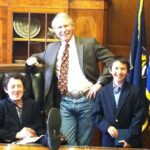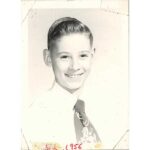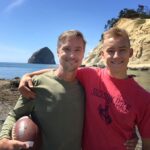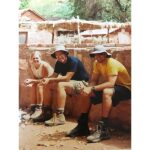Share this article! I am a banker, and I value my banking career. I work with good people, and there’s a wonderful diversity to the things I’ve done in banking. I firmly believe that community banks are uniquely positioned to serve our small-business clients and contribute to the economic vitality of the communities we serve. I … Read more
I am a banker, and I value my banking career.
I work with good people, and there’s a wonderful diversity to the things I’ve done in banking. I firmly believe that community banks are uniquely positioned to serve our small-business clients and contribute to the economic vitality of the communities we serve. I am truly grateful for the fulfilling experience banking has provided me.
Plus, colleagues think I’m good with numbers — to the amusement of my skeptical engineering friends from my university days.
But before I was a banker, I was an aspiring novelist. As a kid, I was a prolific reader. I have fond memories of the eager anticipation I felt when my mom took me to the library to check out as many books as I was allowed. I sought every volume I could find of “The Happy Hollisters,” “The Three Investigators” and a series of adventure novels by the English author Enid Blyton.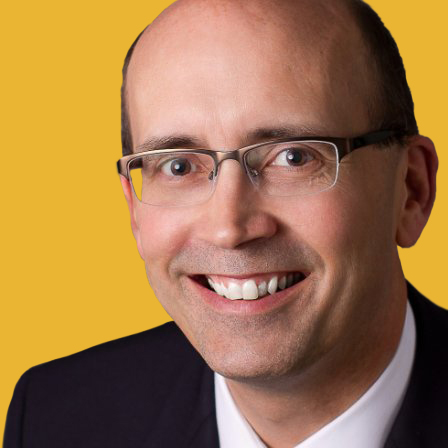
I felt similar excitement on the days my grade- school teacher handed out the order forms to buy Weekly Reader books — and even greater joy the day they were delivered to class. I kept my books on a shelf next to my bed. I read and reread all of my books.
I remember my own private ritual of choosing a book to read: I would pull all of the books out a couple of inches from their place on the shelf, review the titles printed on the binders. Then one by one I would push back into place those titles that didn’t make the cut, until I was left with the one I would read that lazy summer or weekend morning.
My family lived in rural Northern Colorado surrounded by fields of corn and oats. There was no one to play with besides my little brother. He was OK, but playing with my little brother got old fast.
When I was in third grade, my parents, who were both teachers, gave me for Christmas a manual Smith Corona typewriter. I considered my alternatives. I could play with my little brother or I could use the typewriter.
I decided to write a story. Through writing I entered a world of “make believe,” where anything was possible. Inspired by the “We Were There” books, a series of historical novels written for children, my first story was titled “Dale Moves West,” an 18-page story about a kid, coincidentally my age, on the Oregon Trail.
I lived vicariously through Dale. His adventures were my adventures. The world I created for Dale (for myself) was whatever world I chose to invent.
I continued writing. I wrote a lot; I wrote historical fiction, fantasy, sports and science fiction. Of course, I was secretly always the protagonist. I explored space, the gold fields of California, and I was the hero of the eighth-grade football team.
As I grew older and moved into high school, my writing became better and the topics more complex. My last story, unfinished, was a science-fiction allegory about racism, and revealed the irony of a human tendency to segregate, discriminate and disdain people who actually share a common origin.
I intended that redemption would come through discovery, born of necessity, of the characters’ need for mutual dependence. In their harsh new world, they would learn that differences in background, culture and strengths were vitally important for survival.
I never finished that last novel. High school life took over: homework, sports, friends, teenage social angst, and summer and weekend jobs. I continued to believe I would make my career in writing, although the future “practical” banker in me was skeptical of my ability to make a living.
So I focused on journalism, including writing and photography. I was a co-editor of my high school newspaper and yearbook. When it came time to apply to college, I investigated the journalism programs at schools like Syracuse and Missouri.
Ultimately, I entered college intending to major in communications. I soon realized, though, that journalism is not quite the same as writing novels. Deadlines, assignments and reporting were not the creative channel I sought. I switched my major to economics (although I did also major in Spanish literature), which ultimately led to banking.
I still enjoy reading, though not as often as I would like; and I still occasionally feel a wistful yearning when I see an empty pad of paper. Someday I may finish that science-fiction novel exploring the absurdity of racism, which today seems more relevant than it was back then, just 10 years after the Civil Rights Act.
Until then, I will cheer on and live vicariously through my oldest daughter, who this month enters the University of Oregon to pursue a master’s degree in journalism. Life comes full circle.
Mark Stevenson is the chief nonprofit and sustainability officer of Pacific Continental Bank.
A version of this article appears in the October issue of Oregon Business.



